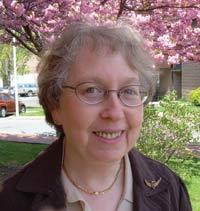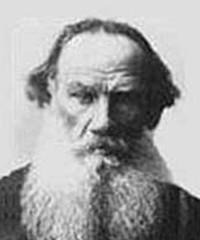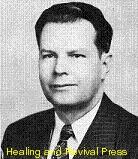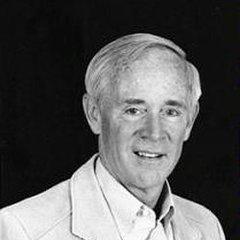William Poundstone Quotes

"Labyrinths of Reason: Paradox, Puzzles, and the Frailty of Knowledge". Book by William Poundstone, 1988.
Expectation is a statistical fiction, like having 2.5 children.
William Poundstone (2010). “Fortune's Formula: The Untold Story of the Scientific Betting System That Beat the Casinos and Wall Street”, p.50, Macmillan
William Poundstone (2010). “Fortune's Formula: The Untold Story of the Scientific Betting System That Beat the Casinos and Wall Street”, p.57, Macmillan
William Poundstone (2010). “Fortune's Formula: The Untold Story of the Scientific Betting System That Beat the Casinos and Wall Street”, p.125, Macmillan
William Poundstone (2010). “Fortune's Formula: The Untold Story of the Scientific Betting System That Beat the Casinos and Wall Street”, p.69, Macmillan
"Labyrinths of Reason: Paradox, Puzzles, and the Frailty of Knowledge". Book by William Poundstone, 1988.
In real conversations, we are always trying to outguess each other.
William Poundstone (2010). “Fortune's Formula: The Untold Story of the Scientific Betting System That Beat the Casinos and Wall Street”, p.56, Macmillan
The story of the Kelly system is a story of secrets - or if you prefer, a story of entropy.
William Poundstone (2010). “Fortune's Formula: The Untold Story of the Scientific Betting System That Beat the Casinos and Wall Street”, p.76, Macmillan
The ultimate compound return rate is acutely sensitive to fat tails.
William Poundstone (2010). “Fortune's Formula: The Untold Story of the Scientific Betting System That Beat the Casinos and Wall Street”, p.297, Macmillan
"Fortune's Formula: The Untold Story of the Scientific Betting System That Beat the Casinos and Wall Street". Book by William Poundstone, 2005.
William Poundstone (2010). “Fortune's Formula: The Untold Story of the Scientific Betting System That Beat the Casinos and Wall Street”, p.75, Macmillan
William Poundstone (2010). “Fortune's Formula: The Untold Story of the Scientific Betting System That Beat the Casinos and Wall Street”, p.132, Macmillan
William Poundstone (2010). “Fortune's Formula: The Untold Story of the Scientific Betting System That Beat the Casinos and Wall Street”, p.57, Macmillan
Kelly was aware that there is one type of favorable bet available to everyone; the stock market.
William Poundstone (2010). “Fortune's Formula: The Untold Story of the Scientific Betting System That Beat the Casinos and Wall Street”, p.75, Macmillan
William Poundstone (2010). “Fortune's Formula: The Untold Story of the Scientific Betting System That Beat the Casinos and Wall Street”, p.102, Macmillan
The assumption that anything true is knowable is the grandfather of paradoxes.
"Labyrinths of Reason: Paradox, Puzzles, and the Frailty of Knowledge". Book by William Poundstone, 1988.
Your second ducat, like your second million, is never quite as sweet.
William Poundstone (2010). “Fortune's Formula: The Untold Story of the Scientific Betting System That Beat the Casinos and Wall Street”, p.186, Macmillan
At a bare minimum, understanding entails being able to detect an internal contradiction: a paradox.
"Labyrinths of Reason: Paradox, Puzzles, and the Frailty of Knowledge". Book by William Poundstone, 1988.
William Poundstone (2010). “Fortune's Formula: The Untold Story of the Scientific Betting System That Beat the Casinos and Wall Street”, p.15, Macmillan
William Poundstone (2010). “Fortune's Formula: The Untold Story of the Scientific Betting System That Beat the Casinos and Wall Street”, p.184, Macmillan
"Fortune's Formula". Part Three, Arbitrage, This Is Not the Time To Buy Stocks, p. 134. Book by William Poundstone, 2005.
William Poundstone (2010). “Fortune's Formula: The Untold Story of the Scientific Betting System That Beat the Casinos and Wall Street”, p.122, Macmillan
"Labyrinths of Reason: Paradox, Puzzles, and the Frailty of Knowledge". Book by William Poundstone, 1988.
Shannon's most radical insight was that meaning was irrelevant.
"Fortune's Formula: The Untold Story of the Scientific Betting System That Beat the Casinos and Wall Street". Book by William Poundstone, 2005.






